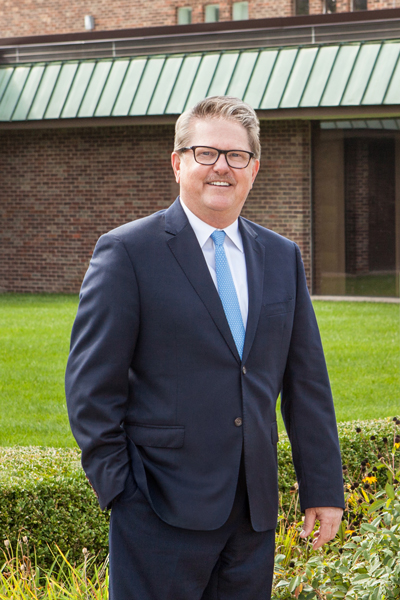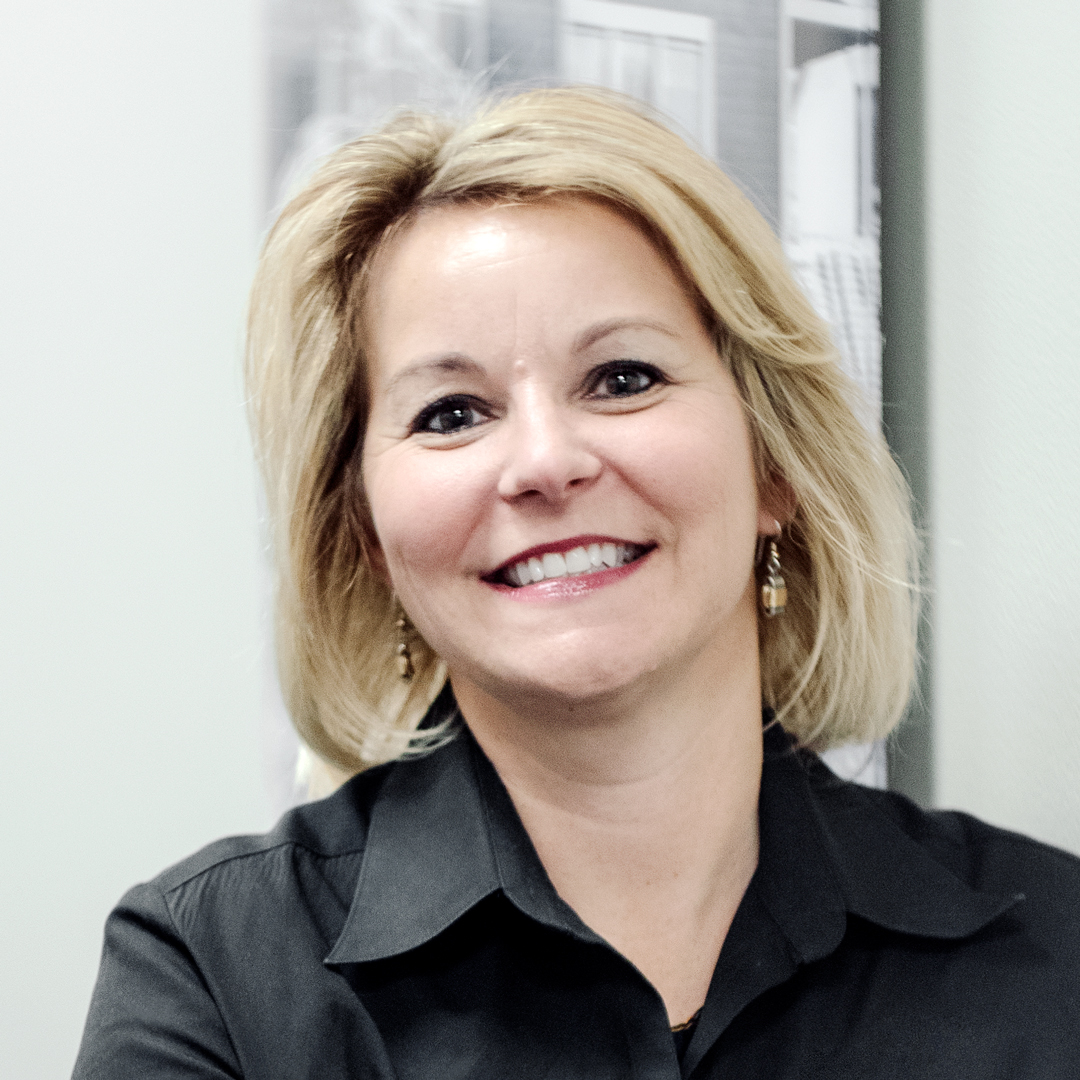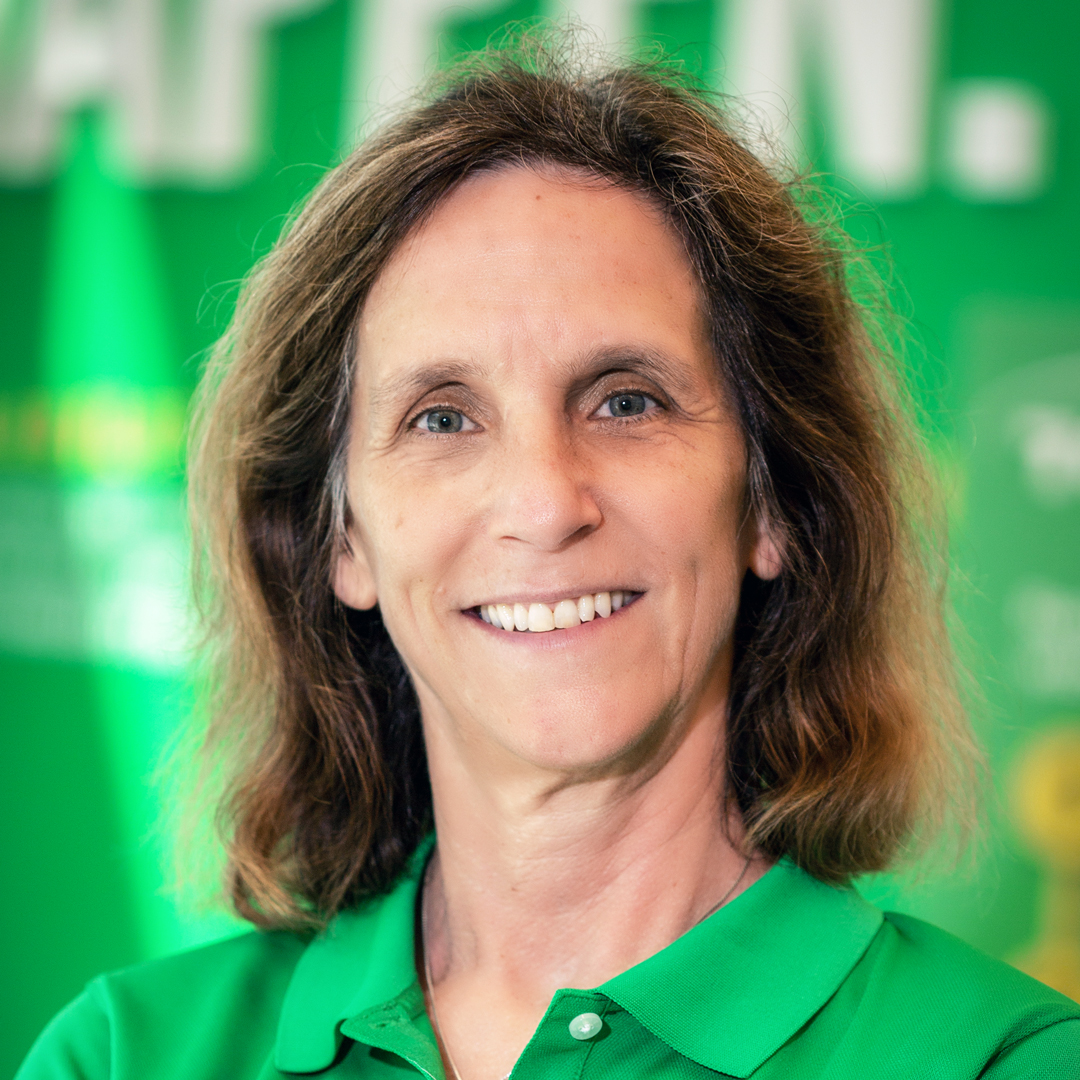You may not think about it often, but every car you drive is a complex machine made up of axles and transmissions produced in advanced factories. And the energy your town uses originates at a power plant but gets to your home through a distribution network composed of equally intricate components. For many of the ordinary moments in everyday life, manufacturing company MacLean-Fogg is behind the scenes developing these crucial components. Almost every time you drive a car or turn on a light, a MacLean-Fogg product is hard at work.
Founded in Chicago, MacLean-Fogg has been steadily growing over the past ninety years to become the billion-dollar company it is today. While the company now operates like a lean battleship, it used to be split into two separate businesses, power and auto, which were navigated like two separate steamboats. To effectively streamline business operations and merge the two businesses, the company embarked on an initiative they call “One MacLean-Fogg,” and chief financial officer Mike Isaacs has played a pivotal role in this.

“Before there were just two different businesses,” Isaacs says. “They just weren’t getting things done effectively. Financial disciplines had room for improvement, and we needed to grow our operational capabilities.”
Bringing the two businesses together was no small feat, but Isaacs and the team were committed to the task. As a graduate of the University of Michigan, he received a degree in mechanical engineering as well as an MBA. Originally, Isaacs worked as an engineer, but slowly shifted his focus to finance as his business perspective became broader. By the time he started at MacLean-Fogg, he had already developed his expertise working in much larger companies. Isaacs worked for twenty years for Ford Motor Company, where he had a wide variety of finance-related experiences in product planning, manufacturing, overseas operations, joint venture management, and corporate strategy. Later, he served as finance director of Mexico operations for Cooper Tire and Rubber Company (with responsibility for both a sales company and the manufacturing company).
“One of the biggest lessons I learned is to know when you need help and ask for it, ” Isaacs says of his experience. “We tell that to all of our people—don’t be afraid to ask for help when you need it; it’s a strength, not a weakness.”
On the business side, Isaacs learned how to develop far-reaching strategies. “At one time, I was responsible for financial planning and control for Ford’s SUV and truck product lines,” he says. “I learned the importance of and how to put business plans together, bring a team together, and make sure everybody understands their roles and responsibilities. What I really learned is process flow in businesses.”
The key to that process flow, as Isaacs found, was the people who followed it. Tapping into the workforce’s brightest and most proactive employees was necessary for the company to move forward. “Just like understanding you need help and asking for it is a strength, you have to make sure you have good people who know their roles and responsibilities and understand they are accountable. If you don’t have that, you’re never going to get anything done.”
Isaacs found that there were two types of finance leaders in his business units at the time: business partners and number crunchers. Those that fell in the latter half would calculate the financial numbers, and then simply pass the information on to the operating team. Business partners, on the other hand, helped to identify problems and develop solutions. “We created another level of personnel called finance directors who had that capability to be a business partner,” Isaacs says. These finance directors were given clear responsibilities and goals for each division and held accountable.
Once the right people were in place, Isaacs worked to instill what he calls “financial discipline,” something he learned from his prior experience. Financial discipline can mean a number of things, like making sure you have the data and facts needed to make a decision, clearly understanding alternative courses of action, or choosing to purchase a part versus making it in-house. It can also mean things as simple as recording financials accurately and working with customers to collect receivables on time.
Isaacs presents an alternative definition: making the decision to support communities. When disaster strikes, like a hurricane, access to MacLean-Fogg products is critical to timely restoration of power, but requires the company to incur additional costs to support. “We do it, but we go into it with our eyes open and knowing how it is going to impact our bottom line,” Isaacs says.
One specific issue that Isaacs faced when he came onboard was that MacLean-Fogg had room to improve its financial planning and controls. It had a capital spending approval process, but projects were being approved as they came in without considering potentially higher-priority projects down the road. “The danger is you get halfway through the year and run out of money,” he says.
To address this, Isaacs implemented a capital planning process, which looked at the company’s capital needs several quarters out. Whenever someone had a new priority project, another one of lesser priority would be tabled. “We put financial discipline around capital planning, so we didn’t spend based on order but based on priority,” he says.
The third piece of the One MacLean-Fogg initiative was the enterprise resource planning (ERP) system used to manage the business units. Before Isaacs came onboard, the divisions used a variety of ERP systems across the business units and several were antiquated. The varied systems were largely driven by how the company came together through the years via acquisitions. Getting the whole company on one system would be arduous, but ultimately result in more streamlined processes and data sets.
Isaacs also emphasized the importance of keeping the basic software intact going forward, meaning they did not allow alterations to the code but solved issues by adapting business practices to work with software. “We chose JD Edwards as our software provider and Terillium as our implementation partner—these combined with our internally developed IT team proved to be an incredibly effective team,” Isaacs says.
“The problem with changing the software itself is that if I change it in one place, it affects it in other places,” he continues. “We chose one instance—it means each of our business units uses the same software. The benefit is that whenever there’s an update, the software company doesn’t waste time and expense dealing with local software modifications implemented locally. We implemented twelve business units to date, and we’ll be done in 2020.”
The philosophy of One MacLean-Fogg reaches into all aspects of how the company runs, Isaacs explains. There’s one accounts payable system, one healthcare plan, and one HR system that keeps track of all 3,200 employees. These systems are centrally coordinated and locally executed.
In the four years since the initiative started, MacLean-Fogg has noticed some startling results. Now, the company can cut costs as purchase orders are grouped together, contracts grow larger, and the financial structures are combined. Operational transformation (MacLean-Fogg’s continuous improvement program) is now taught at every level, from corporate staff to the shop floor, to educate all employees on eliminating waste. A standard of safety program has also been implemented across the board, including how they report incidents, track metrics, implement improvements, and conduct safety meetings.
But the biggest benefit is the feeling of cohesion. “Everybody on both sides of the business knows each other and is willing to help each other when needed,” Isaacs says. “We don’t have a ‘we’ or ‘they’ anymore. It’s just ‘us.’ It’s easier to bring people together, build teamwork, and realize the synergies of best practices across the enterprise.”
Photo by Studio West Photography Ltd.
Terillium is an award-winning Enterprise Resource Planning (ERP) consulting company and Oracle Platinum Partner. Our team is proud to be a long-time partner of MacLean-Fogg. We appreciate their trust in us as we work together toward the strategic mission of transforming their global business with state-of-the-art technology solutions.
Congratulations again to Mike Isaacs and team. We applaud your dedication to excellence and wish you continued success.

